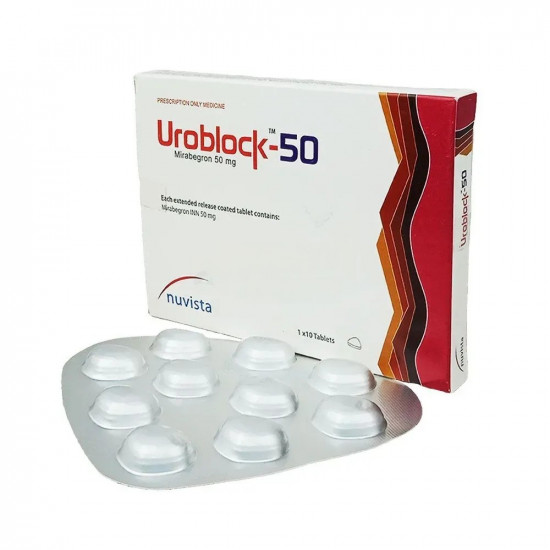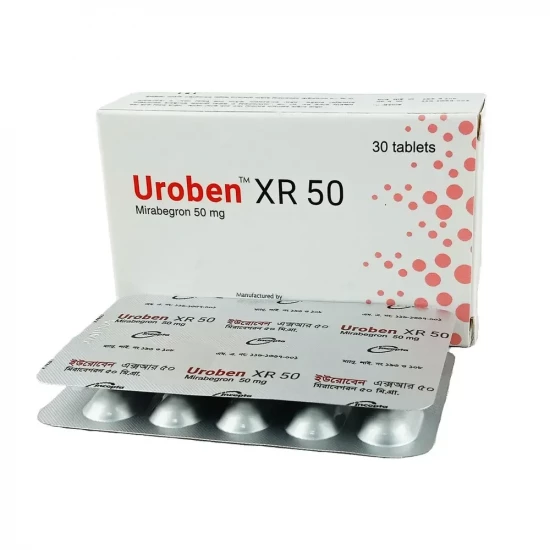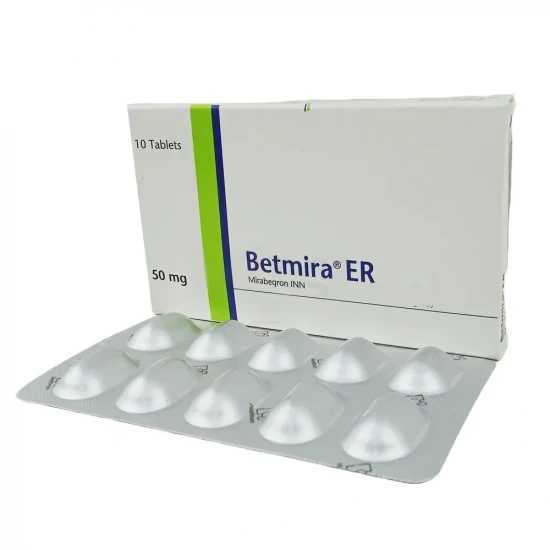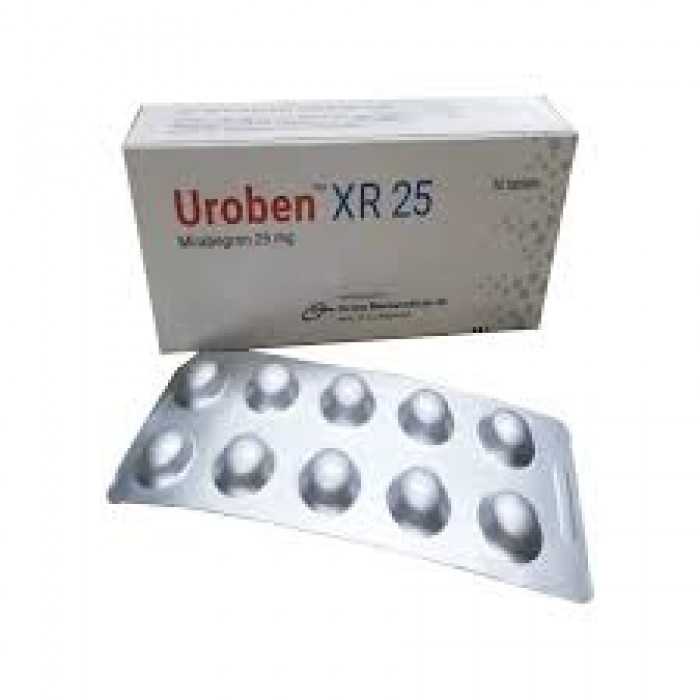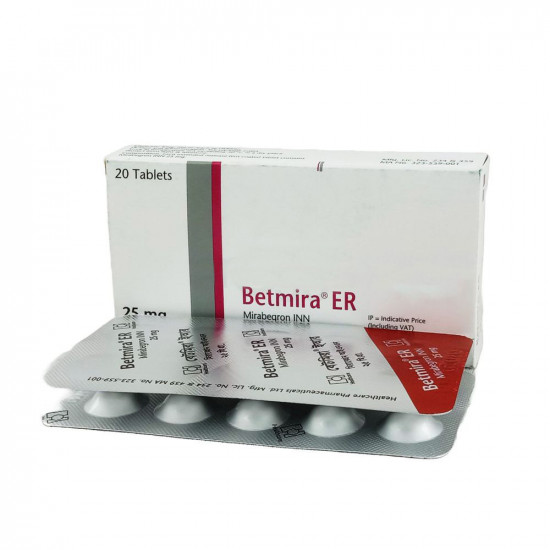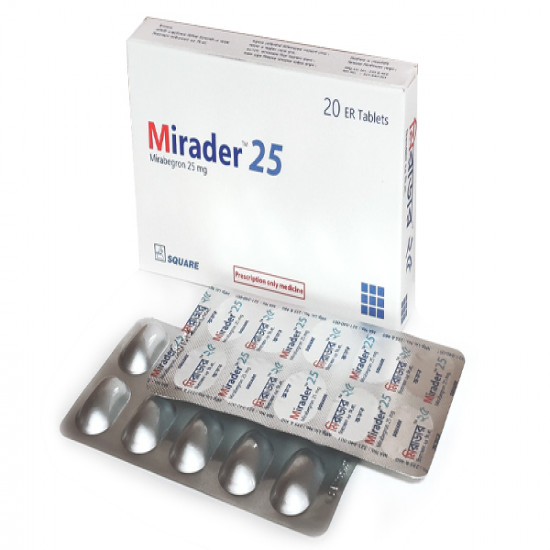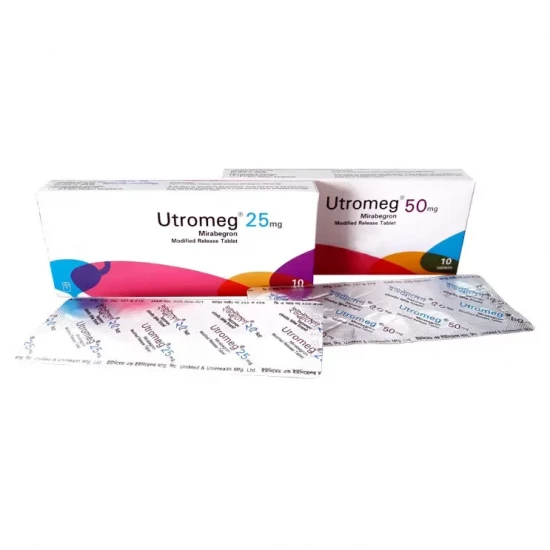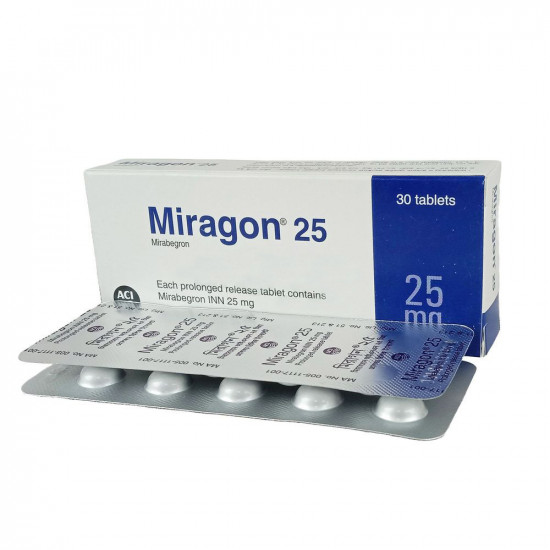
✔ 100% Authentic Product
👁️ Currently Viewing 1648
Syrup Manufacturer/Distributor: Pharmik Laboratories Ltd. Generic Name: Chlorpheniramine Maleate 2 mg/5 ml Syrup
Discount
Price: ৳ 285
MRP:
৳
300
5%
Off

100% Genuine Products, Guaranteed

Safe & Secure Payments, Always

Fast, Secure & Efficient Delivery

Proper Packaging
 Cash on Delivery - All over Bangladesh
Cash on Delivery - All over Bangladesh Regular Delivery - 12-24 Hours, Dhaka City* Charge Tk.39-59
Regular Delivery - 12-24 Hours, Dhaka City* Charge Tk.39-59 Regular Delivery - 24-48 Hours, Other Cities* Charge Tk.99-110
Regular Delivery - 24-48 Hours, Other Cities* Charge Tk.99-110
🌙 রমযান অফার 🌙
 ফ্রি ডেলিভারিঃ - ৭৯৯ টাকা+ অর্ডারে, ঢাকা
শহরে
ফ্রি ডেলিভারিঃ - ৭৯৯ টাকা+ অর্ডারে, ঢাকা
শহরে ফ্রি ডেলিভারিঃ - ২৭৯৯ টাকা+ অর্ডারে, ঢাকার
বাহিরে
ফ্রি ডেলিভারিঃ - ২৭৯৯ টাকা+ অর্ডারে, ঢাকার
বাহিরে
📲 মোবাইল অ্যাপ অর্ডারে সাশ্রয় বেশী
-
Google Play Store থেকে ডাউনলোড
-
Apple Store থেকে ডাউনলোড
100% Genuine Products, Guaranteed
Safe & Secure Payments, Always
Fast, Secure & Efficient Delivery
Proper Packaging
 Cash on Delivery - All over Bangladesh
Cash on Delivery - All over Bangladesh Regular Delivery - 12-24 Hours, Dhaka City* Charge Tk.39-59
Regular Delivery - 12-24 Hours, Dhaka City* Charge Tk.39-59 Regular Delivery - 24-48 Hours, Other Cities* Charge Tk.99-110
Regular Delivery - 24-48 Hours, Other Cities* Charge Tk.99-110 ফ্রি ডেলিভারিঃ - ৭৯৯ টাকা+ অর্ডারে, ঢাকা
শহরে
ফ্রি ডেলিভারিঃ - ৭৯৯ টাকা+ অর্ডারে, ঢাকা
শহরে ফ্রি ডেলিভারিঃ - ২৭৯৯ টাকা+ অর্ডারে, ঢাকার
বাহিরে
ফ্রি ডেলিভারিঃ - ২৭৯৯ টাকা+ অর্ডারে, ঢাকার
বাহিরে- Google Play Store থেকে ডাউনলোড
- Apple Store থেকে ডাউনলোড
🌙 রমযান অফার 🌙
📲 মোবাইল অ্যাপ অর্ডারে সাশ্রয় বেশী
✅ Description:
Miragon Tablet (Mirabegron)
Indications
Symptomatic treatment of overactive bladder (OAB) with features such as:
Urgency
Increased urinary frequency
Urgency incontinence
Pharmacology
Class: First β3-adrenoceptor agonist.
Mechanism of Action:
Activates β3-adrenoceptors in the bladder → increases cAMP levels.
Relaxes detrusor smooth muscle during the storage phase of the fill-void cycle.
Enhances bladder capacity.
Works through both direct smooth muscle action and modulation of the sensory nervous system.
Dosage & Administration
Adults (including elderly):
Start with 25 mg once daily, with or without food.
May increase to 50 mg once daily depending on response and tolerability.
Renal/Hepatic Impairment:
Severe renal impairment (CrCl 15–29 mL/min) or moderate hepatic impairment (Child-Pugh B): Do not exceed 25 mg/day.
End-stage renal disease (GFR <15 mL/min/1.73 m² or dialysis): Not recommended.
Severe hepatic impairment (Child-Pugh C): Not recommended.
Pediatric Use: Not established (<18 years).
Administration: Swallow whole with liquids; do not chew, crush, or divide.
Drug Interactions
Enzyme inhibitors (CYP3A/P-gp):
Ketoconazole, itraconazole, ritonavir, clarithromycin ↑ Mirabegron exposure.
Use 25 mg daily in patients with mild/moderate renal or hepatic impairment.
Enzyme inducers (rifampicin, others): ↓ Mirabegron levels; no dose adjustment required.
CYP2D6 substrates (metoprolol, desipramine, flecainide, tricyclic antidepressants): Mirabegron moderately inhibits CYP2D6 → ↑ plasma levels. Use with caution.
Digoxin (P-gp substrate): ↑ digoxin exposure; start digoxin at lowest dose and monitor serum levels.
No significant interactions with solifenacin, tamsulosin, warfarin, metformin, or oral contraceptives.
Contraindications
Hypersensitivity to Mirabegron or excipients.
Severe, uncontrolled hypertension (≥180/110 mmHg).
Side Effects
Common: Tachycardia (1.2%), urinary tract infections (2.9%).
Serious: Rare cases of atrial fibrillation (0.2%).
Other possible effects: headache, hypertension, palpitations, dizziness, constipation, or nasopharyngitis.
Precautions & Warnings
Hypertension: Monitor BP at baseline and periodically.
Renal & hepatic impairment: Dose adjustment or avoidance required as per severity.
QT prolongation: Use cautiously in patients with congenital/acquired QT prolongation.
Bladder outlet obstruction & antimuscarinic use: Use with caution due to risk of urinary retention.
Use in Pregnancy & Lactation
Pregnancy: Limited human data; animal studies show reproductive toxicity → not recommended.
Lactation: Likely excreted in breast milk → avoid use during breastfeeding.
Fertility: No adverse effects observed in animals; human data not available.
Overdose Effects
Doses up to 400 mg caused palpitations and tachycardia.
Multiple doses up to 300 mg/day increased heart rate and blood pressure.
Management: Supportive and symptomatic; monitor ECG, BP, and pulse.
Therapeutic Class
Drugs for urinary incontinence / OAB / BPH.
Storage
Store in a cool, dry place, protected from light.
Keep out of reach of children.
⚠️Disclaimer:
At ePharma, we’re committed to providing accurate and accessible health information. However, all content is intended for informational purposes only and should not replace medical advice from a qualified physician. Please consult your healthcare provider for personalized guidance. We aim to support, not substitute, the doctor-patient relationship.




